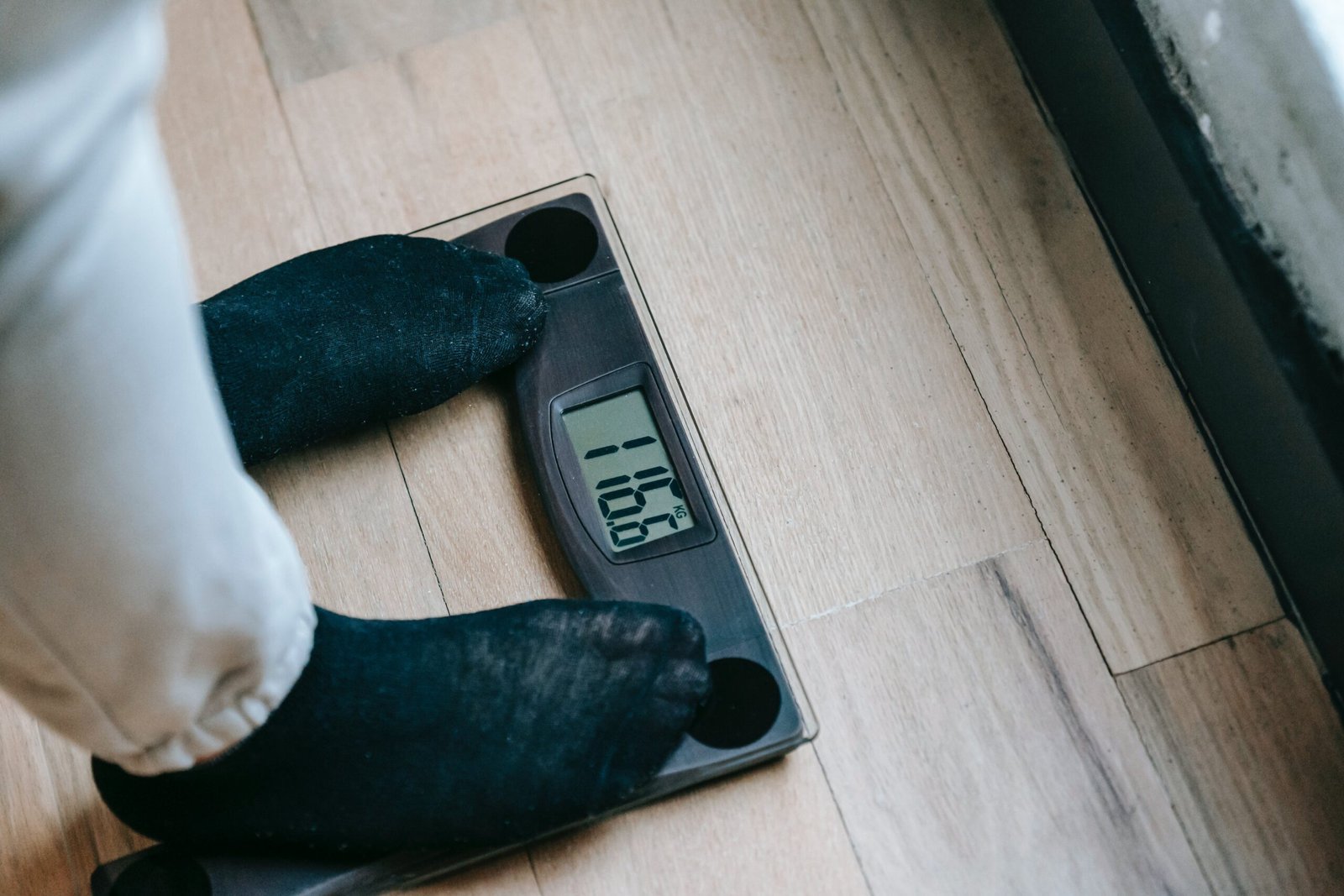why do I keep biting my tongue when I eat, I bit my tongue and it hurts, Why do I keep biting my tongue when eating?
Stop biting your tongue while eating with expert tips! Discover effective strategies to prevent tongue pain and enjoy meals without discomfort. Say goodbye to painful bites today!
Have you ever bitten your tongue so hard that your eyes watered? And then, when you think the worst is over, you realize you have to eat something. Suddenly, what’s usually one of life’s great pleasures becomes a task you’d rather skip. Biting your tongue, though not a major health concern can be surprisingly painful and bothersome, especially when it comes time to eat. But fear not! There are ways to relieve the pain and make eating a more comfortable experience. Let’s dive into some simple yet effective strategies to manage the pain and get back to enjoying our meals.
The Pain is Real: Understanding Why Your Bitten Tongue Hurts So Much
So, why does biting your tongue hurt so darn much? The human tongue is a muscle, covered in a mucous membrane, packed with nerves. These nerves are responsible for your taste sensation and the pain you’re feeling. When you bite it, the immediate pain you feel is due to the pressure and potential breaking of the skin. The aftermath, which can last for days, involves swelling and sensitivity, making every bite a painful reminder of the accident.
Immediate Steps to Reduce Pain
As soon as you bite your tongue:
- Rinse your mouth with cold water. This can help reduce swelling and cleanse the wound.
- Apply a cold compress or suck on an ice cube. The cold helps numb the area, reducing pain and swelling.
- Avoid spicy, acidic, or hot foods and beverages, as they can aggravate the wound.
Diet Adjustments: What to Eat and What to Avoid
When your tongue is healing, choosing the right foods can make a big difference in your comfort level. Here’s a brief guide:
Foods to Eat
- Soft, bland foods are your best friends. Think mashed potatoes, yogurt, smoothies, and oatmeal.
- Cold foods like ice cream can provide a soothing effect.
- Foods rich in vitamin C can help with tissue repair. Just make sure they’re not acidic.
Foods to Avoid
- Stay away from anything spicy, salty, or acidic. They can irritate the wound.
- Crunchy or hard foods should also be avoided to prevent further injury.
- Very hot foods and drinks can aggravate the pain.
Pain Relief and Healing: Over-the-Counter Helpers and Natural Remedies
While your tongue heals, there are several ways to manage pain and speed up the recovery process.
- Over-the-Counter Solutions: Oral pain relief gels can be applied directly to the affected area. Ibuprofen or acetaminophen can also help manage the pain.
- Natural Remedies: Rinsing with a saltwater solution (1/2 teaspoon of salt in a cup of warm water) can help keep the wound clean and reduce pain. Honey, applied directly to the wound, has natural antibacterial properties and can promote healing. Aloe vera, known for its soothing properties, can also be applied to the tongue.
Handling the Pain While Eating
Now, to the main event: how to eat without making the pain worse. Here are some practical tips:
- Cut your food into small, manageable pieces. This reduces the need for extensive chewing and minimizes the movement of the tongue.
- Try to keep the food on one side of your mouth, away from the injury.
- Eat slowly, and take your time. Rushing can lead to accidental bites, further aggravating the situation.
- Use a straw for liquids to minimize contact with the sore area.
Conclusion: Patience and Care
Recovering from a bitten tongue requires a bit of patience and a lot of care. By choosing the right foods, employing pain relief strategies, and adjusting your eating habits, you can significantly reduce discomfort and speed up the healing process. Remember, while the pain might seem unbearable at times, it’s usually temporary and should subside within a few days. If it doesn’t, or if you notice signs of infection, it’s crucial to seek medical attention. In the meantime, take it easy, treat yourself with care, and maybe practice being a bit more mindful while chewing. Your tongue (and taste buds) will thank you!
For a more in-depth understanding, I recommend exploring the following: How to Treat and Prevent Tongue Biting






